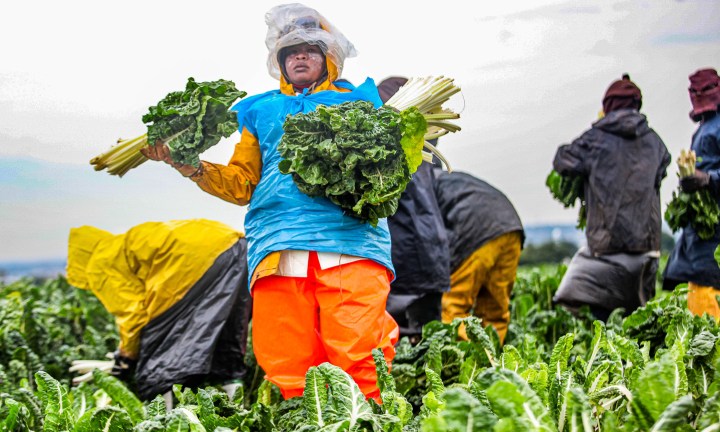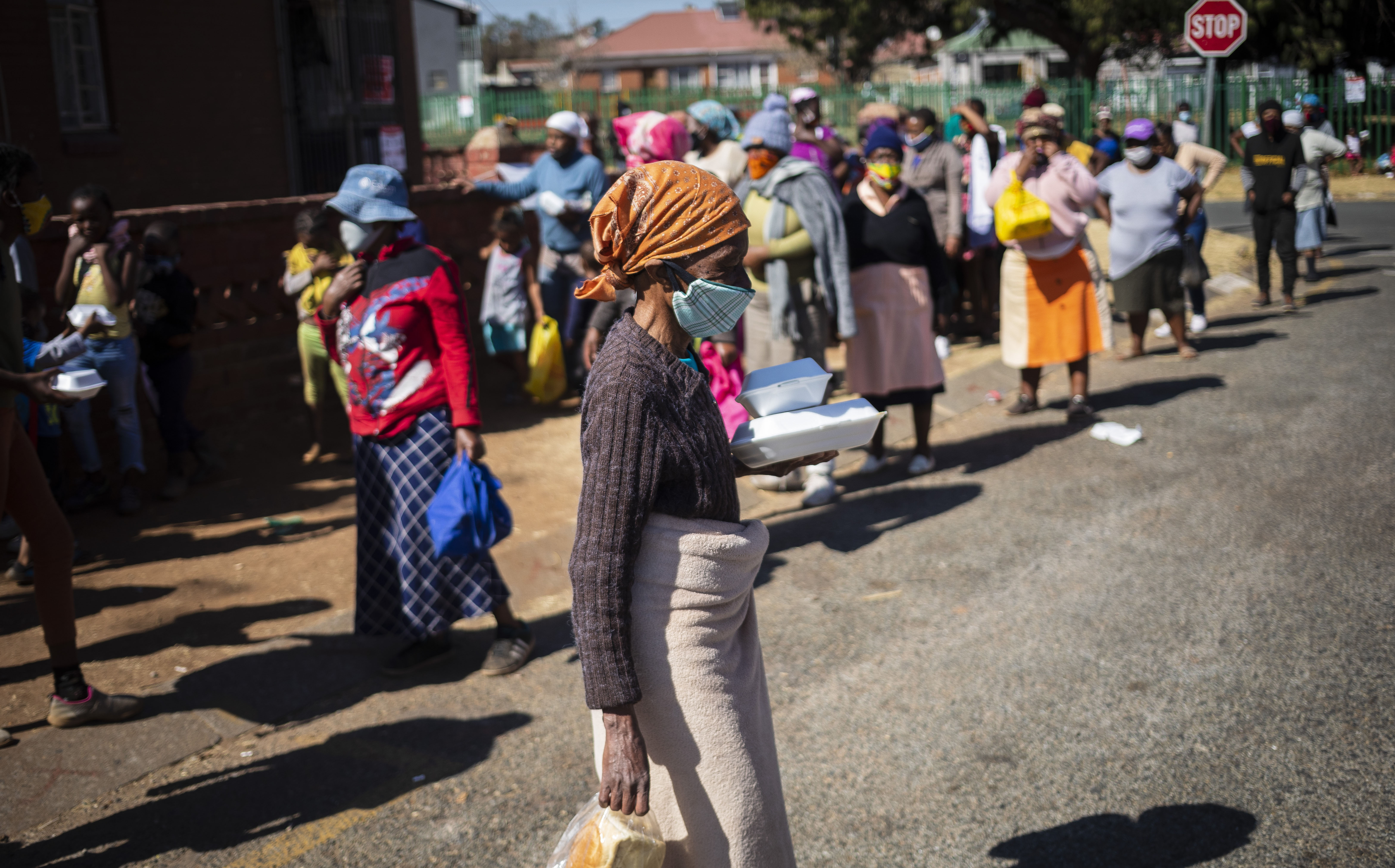
ADDRESSING HUNGER
What is the government doing about food security?

While there was little mention of food security in the State of the Nation Address last Thursday, many can’t help but wonder if anything is being done to address the root causes of hunger and ensure South Africa is food secure. What is the government’s priority on food security?
President Cyril Ramaphosa did not prioritise food security and solutions to the hunger issues in South Africa during his State of the Nation Address (Sona) last Thursday.
Food insecurity is a global epidemic that many countries struggle with and South Africa is no exception. At least 11.8 million people in SA are hungry and 2.5 million South Africans experience hunger every day. Hunger in South Africa has been worsened by the Covid-19 pandemic and by the loss of jobs for many during lockdowns.
Christo van der Rheede, executive director at AgriSA, expressed concern at the vague mention of agriculture in the Sona. Van der Rheede told Daily Maverick that although the Sona doesn’t direct food security, it should touch on some of the important underlying aspects contributing to South Africa becoming a more food-secure country.
“The government needs to take responsibility and action to achieve the objectives of food security, which is about establishing an enabling environment that involves the affordability of food, accessibility of food, quality and safety of food, as well as sustainable natural resources and resilience of the environment.
“Currently, the Agriculture and Agro-processing Master Plan and the Economic Recovery and Reconstruction Plan align with the National Development Plan for 2030. Both are social compact programmes that aim to expand agricultural production, broaden the inclusion of black farmers and boost the sector’s competitiveness and ability to create jobs. The government must take action now and take hands with the private sector to implement these plans to start turning the wheel.”

An elderly woman leaves with a food handout during Eid al Adha at the ‘Hunger Has No Religion’ feeding scheme in Johannesburg in 2020. (Photo: EPA-EFE / Kim Ludbrook)
The president’s spokesperson, Tyrone Seale, said: “It is not that food security is not prioritised. The focus is on imperatives of food security and employment as reflected in the Presidential Employment Stimulus and in the 2022 State of the Nation Address. Through the imperatives, we support small-scale farmers through a Solidarity Fund to help expand their production.
“So far, over 100,000 farmers have already received input vouchers to expand their production. The agriculture sector has also recognised the importance of supporting small-scale farmers and integrating them into value chains and the production of specific crops that the president touched on but did not elaborate on it because the elaboration will be done by ministers and clusters in the coming weeks.”
Roshila Nair, basic needs convener at the Covid-19 People’s Coalition, says: “Working with grassroots communities, we are keenly aware of the need for food and the importance of localising food production to the community level. For this, people must be provided [with] land and resources to grow food for subsistence, health and to make a livelihood if possible. Water access and land for this is a problem.
“People are willing to work to grow food and to change eating strategies from nuclear households to community kitchens so there is communal production and care of health and nutrition needs. These kinds of decentralised and empowering objectives and strategies ought to be implemented with government support and budgeted for.”
South Africa also has a double burden of malnutrition-overnutrition and undernutrition. Improving the food insecurity situation would also mean eliminating malnutrition. Nair says this can work if local structures have a solid understanding of the division of responsibilities and a desire to support the work.
“Currently, we see local grassroots communities taking up many such initiatives successfully with help from NGOs and the public and via their own sheer effort and will.
“The truth is poverty, hunger and malnutrition can never be addressed from the outside. It will succeed only if people have the agency to grow food, feed, and improve health not only for themselves.” DM/MC




















 Become an Insider
Become an Insider
Comments - Please login in order to comment.